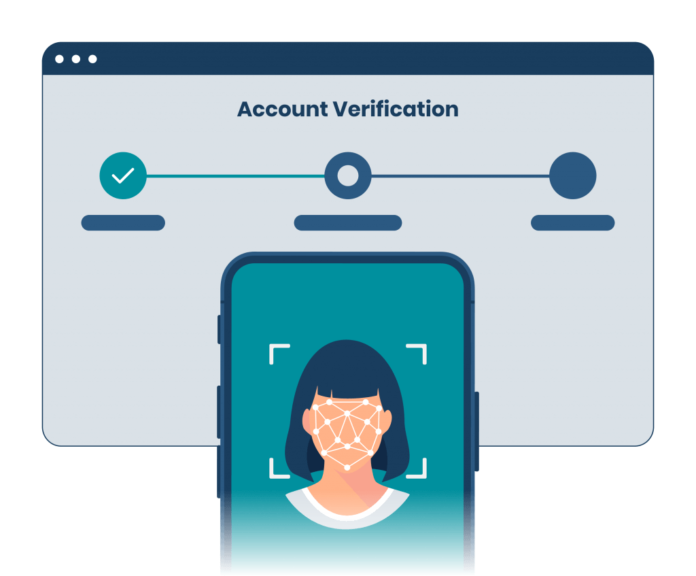Identity verification software is a program that provides a high level of security and privacy, while also being easy to use. Identity verification software is designed to provide businesses with peace of mind in that they can be confident that they are dealing with legitimate customers who are who they say they are.
What is identity verification software?
Identity verification software is used to verify the identity of a person. It’s used to confirm that a person is who they claim to be, and can be used in a wide variety of situations. For example, companies will use it to verify the identity of employees and customers, while financial institutions might use it for compliance purposes. The goal is always the same: confirm that a person is who they say they are.
How does identity verification software work?
Identity verification software analyzes your business’s data to detect fraud, identity theft, and money laundering. It also scans for credit card fraud. The system can be used to monitor the entire lifecycle of a transaction, from the moment an application is submitted by a new employee or customer to when they make a purchase. In addition to detecting fraudulent activity, it can help prevent future offenses from taking place by analyzing trends in your company’s data and understanding what drives behavior.
What is identity verification designed for?
Identity verification software is designed to help you verify the identity of your customers. It can also be used to verify the identity of employees, contractors, vendors, and other business partners.
In addition, it can be used to verify the identity of new customers before they are accepted into your program or system. This makes it easier for you to spot fraud before it becomes a problem and saves time by not having to manually verify each new customer’s information each time they sign up for something with you.
Key features of identity verification software
When it comes to identity verification, there are multiple ways in which software can be used. The first is to verify identities online. This type of identity verification software is typically used by retailers who are selling products or services through their websites, and they want to make sure that they are only doing business with customers who have a legitimate credit card or bank account associated with their name.
Another way that software can be used for identity verification is in real-world situations, where people are using physical cards (such as driver’s licenses) as proof of their personal information. For example, if you’re going into a bar and buying drinks with cash, the bartender may require you to show some form of identification before she serves up any drinks. These types of transactions usually take place at bars but also at nightclubs and casinos—and often involve scanning documents like driver’s licenses or passports via mobile devices like tablets or smartphones. This is because these documents tend to have unique features such as barcodes on them which can act as identifiers when scanned by infrared cameras built into POS terminals inside retail stores where alcohol sales occur.
Conclusion
In the digital age, companies have to be careful when it comes to identity verification. Fraud is one of the biggest threats facing businesses today, and there are many ways criminals can try to steal your personal information. The most common method involves creating fake websites that look similar enough to real ones so that people will enter their details without thinking twice about it.
When it comes to protecting customers from fraudsters using fake sites, identity verification software can be very effective. It acts as a virtual bouncer at the door to prevent fraudsters from entering your website by verifying each person’s identity before letting them in.







































